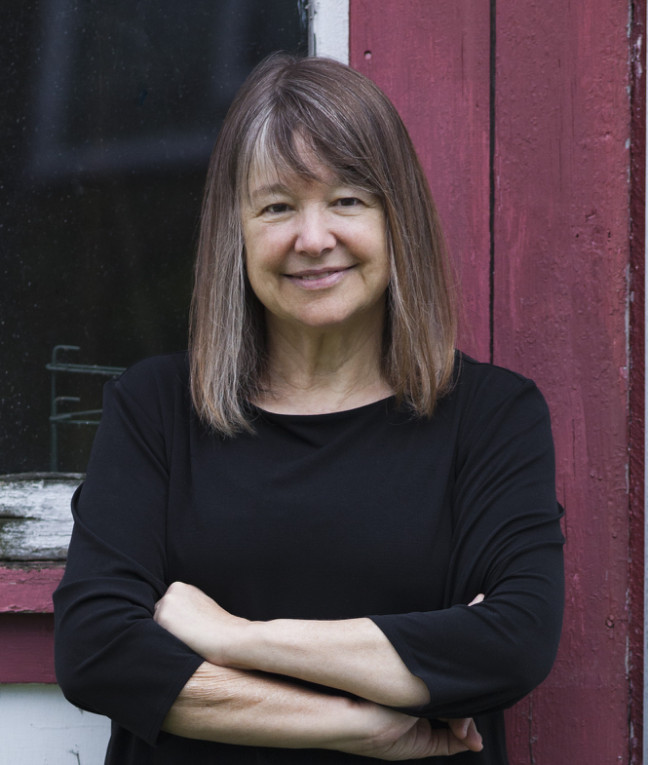
Anne Fadiman is the Francis Writer-in-Residence at Yale. Her most recent book, The Wine Lover’s Daughter, was chosen as one of The Guardian’s Top 10 Culinary Memoirs of all time. The former editor of The American Scholar and a fellow of the American Academy of Arts and Sciences, Fadiman is also the author of The Spirit Catches You and You Fall Down, which won the National Book Critics’ Circle Award for Nonfiction, and two essay collections, Ex Libris and At Large and At Small.
What’s the most important lesson you’ve learned as a writer?
My friend the writer Elizabeth Wurtzel, who died in January, visited my writing class almost every year since I started teaching it in 2005. In her own writing, she always embraced whatever subject lay at the center of her life, however difficult or unpleasant—mental illness, addiction, breast cancer, the discovery in her forties that her father wasn’t the man she’d been told was her father. And she always wrote in a voice that sounded exactly like her: funny, bitchy, contrarian, grumpy, warm, brazen.
She told my students to be themselves, too.
One year, when the students around our seminar table introduced themselves to Elizabeth, one of them said he came from “a suburb of Chicago.”
“What’s the name of it?” asked Elizabeth.
“Flossmoor.”
“You don’t come from a suburb of Chicago! You come from Flossmoor! Always say you come from Flossmoor! Be proud of it!”
As we become better writers, we may become deeper, more skilled, or better versions of ourselves on the page. But we should never try to become different selves. The moment we stop sounding like ourselves, we should remind ourselves that we come from Flossmoor, and we’re proud of it.
What’s been the biggest surprise of your writing life?
That anyone would want to read about me.
I spent nearly twenty years as a reporter before I started writing personal essays. I’d always assumed that my own life—both exterior and interior—was too small to be of interest to anyone but myself, so I figured I’d gain some height by standing on the shoulders of people more interesting than I was. Hence, reporting. Then, at age 40, I was stuck in bed for eight months during a problem pregnancy. I started writing personal essays only because I could do them horizontally.
The essays were enormous fun, and some people actually wanted to read them. The baby turned out fine and is now a writer.
If you had to use a metaphor to describe you as a writer, what would it be?
A stone wall builder.
I tried writing fiction in college, but I was terrible. I’m a nonfiction writer through and through. I’m decent at recognizing which stones are beautiful, and how to fit them together, and in what sequence I should lay them in order to build something that won’t fall down. Those suckers are heavy! I’m willing to grunt and sweat as I pick them up. But if I tried for a million years, I could never make the stones themselves.
What’s the best piece of writing advice anyone ever gave you?
My husband, George Howe Colt, who is also a writer, once said, “The difference between a good piece of writing and one that’s absolutely as good as you can make it is all the difference in the world.”
Keep this going please, great job!
I couldn’t refrain from commenting. Well written!